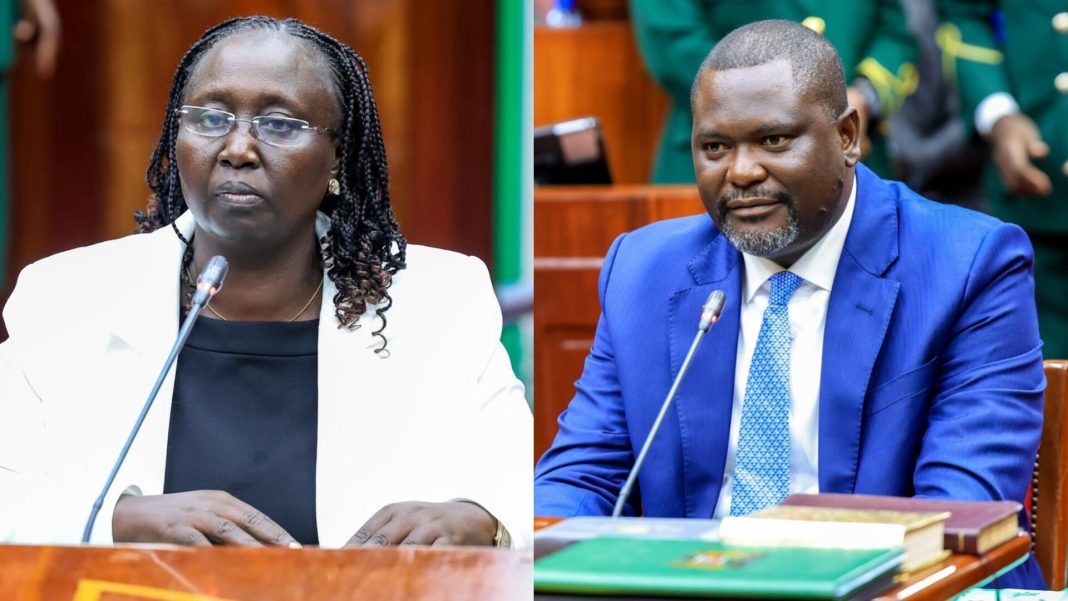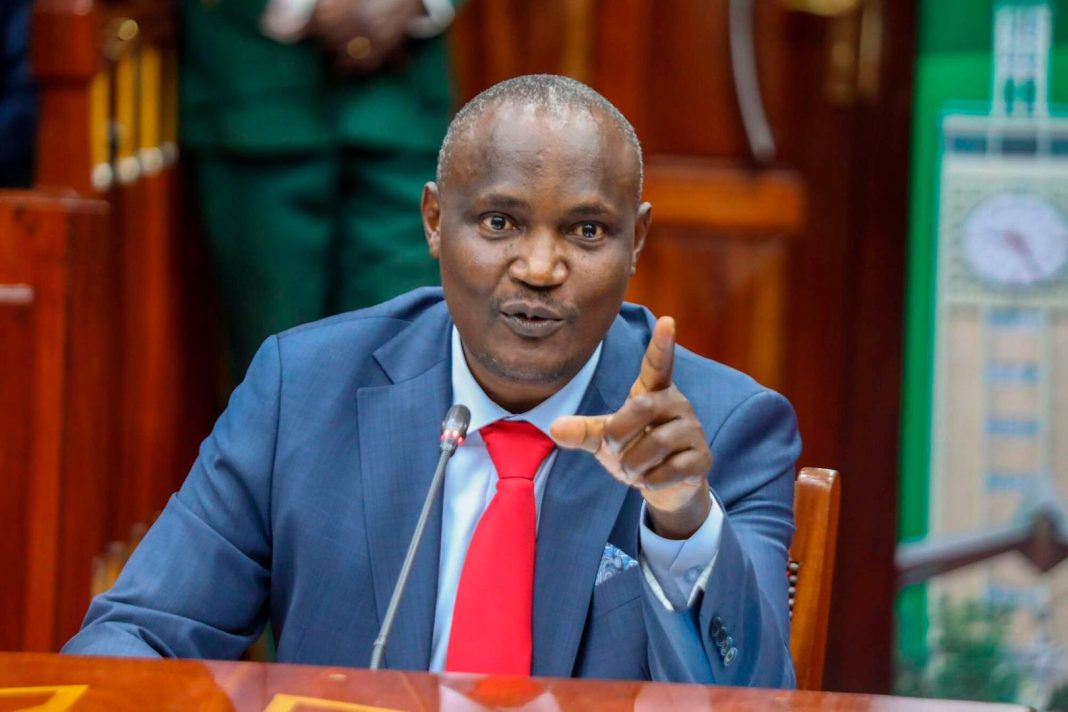Kiharu Member of Parliament Ndindi Nyoro has recently made headlines for his candid critique of the Kenyan government’s budget-making process and the escalating debt crisis. Speaking during the launch of the Institute of Public Finance’s annual national shadow budget for the 2025/26 financial year, Nyoro showcased his deep understanding of budget matters while raising concerns about the country’s financial path.
Nyoro, a former chair of the Budget and Appropriations Committee, emphasized the importance of aligning budgetary allocations with national priorities such as healthcare, education, and infrastructure. He argued that the budget is not merely a document read in June but a continuous process that requires careful planning and oversight. According to him, the real budget is what is funded, not what is proposed on paper.
The MP highlighted a worrying trend in Kenya’s revenue management, pointing out the inconsistency between budgeted amounts and actual revenue collection. He criticized the high proportion of non-discretionary spending, which leaves little room for flexibility in addressing pressing national issues. Nyoro also expressed concern over the lack of accountability in cases where programs remain unfunded, despite being included in the budget.
On the debt crisis, Nyoro painted a grim picture of Kenya’s financial health. With the public debt now estimated at Ksh. 11 trillion, he warned that the country is edging dangerously close to defaulting on its obligations. He cautioned against renegotiating existing debt terms, as this could further erode confidence in Kenya’s economic stability. Nyoro also criticized the government’s reliance on increased taxation as a revenue-raising strategy, arguing that it stifles economic activity and discourages investment.
Nyoro’s remarks have sparked a broader conversation about budget responsibility and the need for transparent governance.







[5164]uujl Official Site: Best Slot Online in the Philippines. Quick uujl Login, Register, & App Download. Welcome to the uujl Official Site, the #1 destination for slot online in the Philippines. Experience seamless uujl login, quick uujl register, and uujl app download for the ultimate gaming experience. visit: uujl
Your article helped me a lot, is there any more related content? Thanks!